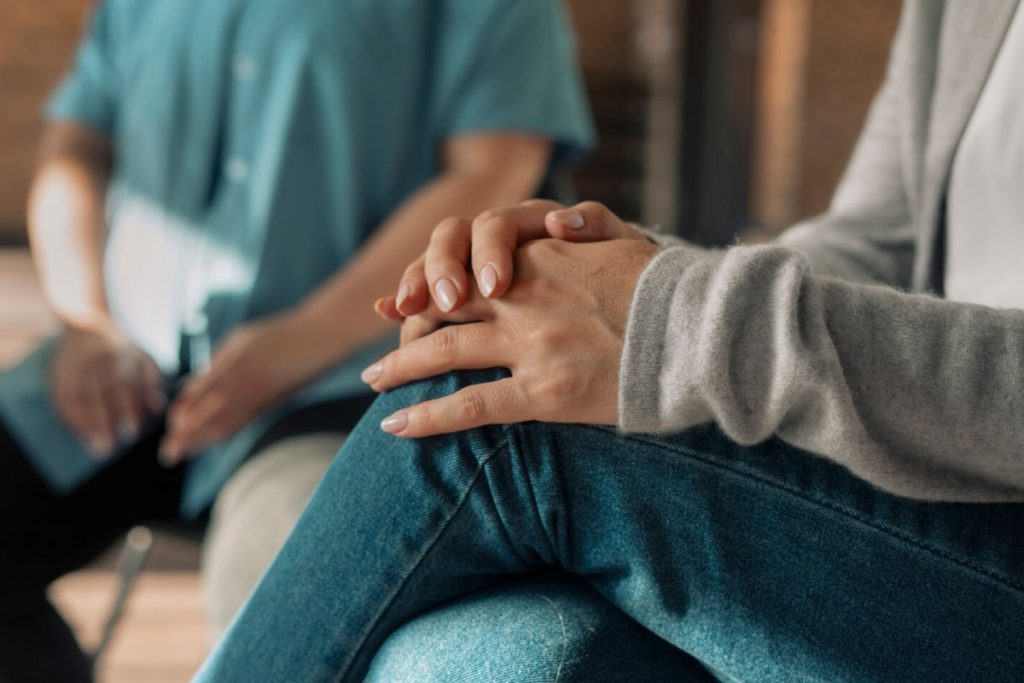50% off with code: ZEN50 (Min. $150 Cart) Ends Jan 31
Free shipping on all orders
30 day satisfaction guarantee

In a world where wellness trends evolve rapidly, CBD (cannabidiol) has emerged as a popular natural remedy for pain, anxiety, sleep issues, and more. Yet, despite its growing acceptance and legal status in many regions, CBD stigma persists, often rooted in misconceptions about its connection to marijuana and fears of psychoactive effects. As of August 2025, with CBD products readily available and backed by mounting research, overcoming this stigma is crucial for open conversations with friends and family. Educating loved ones about CBD’s benefits, safety, and science can bridge gaps, reduce misunderstandings, and encourage informed decisions.
This article serves as a comprehensive guide to overcoming CBD stigma, offering practical tips for educating friends and family on its uses, myths, and facts. Optimized for SEO with keywords like “overcoming CBD stigma,” “educating family about CBD,” “CBD myths and facts,” and “talking to friends about CBD,” we’ll explore strategies, research, and real-world examples to help you navigate these discussions. Whether you’re using CBD for chronic pain or anxiety relief, empowering your circle with knowledge can foster support and dispel outdated biases.
CBD stigma often stems from its association with cannabis, which has a long history of legal and social controversy. Many people confuse CBD with THC (tetrahydrocannabinol), the psychoactive compound in marijuana that causes a “high.” However, CBD is derived from hemp, containing less than 0.3% THC, making it non-intoxicating and federally legal in the U.S. since the 2018 Farm Bill. Globally, attitudes are shifting, but older generations or those influenced by anti-drug campaigns may view CBD as “drugs” or a gateway to substance abuse.
Cultural and media portrayals exacerbate this. Sensational headlines linking cannabis to negative outcomes overlook CBD’s therapeutic potential. A 2025 survey by Brightfield Group found that 40% of non-users cite stigma as a barrier, often due to family concerns about safety or legality. Educating friends and family starts with empathy—acknowledge their worries and share facts to build trust.
One of the best ways to overcome CBD stigma is by debunking myths with evidence-based facts. Use this as a talking point in conversations, perhaps sharing a simple table or infographic.
| Myth | Fact |
|---|---|
| CBD gets you high. | CBD is non-psychoactive; it’s THC that causes intoxication. A 2025 World Health Organization report confirms CBD has no abuse potential. |
| CBD is illegal. | Hemp-derived CBD with <0.3% THC is legal in the U.S. and many countries; check local laws for specifics. |
| CBD is addictive. | Studies show CBD has low dependency risk, unlike opioids; it’s even used to treat addiction. |
| CBD has no scientific backing. | Over 1,000 studies in 2025 support CBD for pain, anxiety, and epilepsy; Epidiolex, a CBD drug, is FDA-approved for seizures. |
| CBD is just a fad. | With a market projected at $47 billion by 2028, CBD’s benefits are validated by ongoing research and user testimonials. |
Sharing these myths and facts during family gatherings can spark constructive dialogue. For instance, explain how CBD helps with anxiety without sedation, citing a 2025 Journal of Clinical Psychology study showing it reduced symptoms in 79% of participants. This educates while addressing concerns head-on.
Approaching the topic requires tact—start with your personal story to make it relatable. Here’s how to effectively educate your circle:
Personal anecdotes illustrate success. Take Sarah, a 45-year-old teacher who used CBD for anxiety. Her family was skeptical until she shared a 2025 Anxiety Disorders study showing CBD reduced symptoms in 70% of cases. After a family discussion, her mom tried it for arthritis, reporting relief.
John, an athlete, educated his friends on CBD for recovery. Citing a 2025 Sports Medicine study on CBD’s anti-inflammatory benefits, he dispelled “drug” myths, leading to group adoption. Stories like these, shared on platforms like Reddit’s r/CBD, show education fosters acceptance.
Research in 2025 underscores CBD’s legitimacy, aiding stigma reduction. A Journal of Cannabis Research study found CBD effective for pain in 83% of arthritis patients, outperforming placebo. For anxiety, a Psychiatry Research trial reported 60% symptom reduction with daily CBD.
Stigma studies reveal progress: A 2025 Pew Research poll showed 88% of Americans view CBD positively, up from 60% in 2019, thanks to education and legalization. Social media campaigns, like #CBDFacts on X, have amplified this shift, with influencers sharing science-backed info.
Challenges include resistance from conservative family members. Handle by listening—validate concerns then counter with facts. If misinformation persists, suggest joint doctor consultations.
Legal variations can confuse; clarify that hemp CBD is federally legal but state rules vary. Product quality matters—recommend third-party tested items to avoid subpar experiences that reinforce stigma.
Leverage free resources:
Share these to empower discussions.
Overcoming CBD stigma with friends and family is about patience, facts, and empathy. By sharing myths vs. facts, personal stories, and 2025 research on benefits for pain, anxiety, and sleep, you can foster understanding and support. As attitudes evolve, educating your circle not only reduces stigma but also opens doors to shared wellness journeys. Start small—your conversation could be the spark that changes perceptions and improves lives.
Don’t be afraid of the stigma surrounding CBD. Shop Zen Leafs with peace-of-mind for Canada’s best CBD gummies.